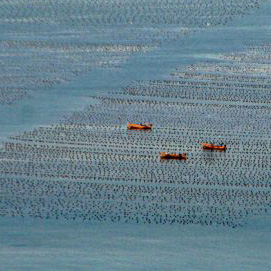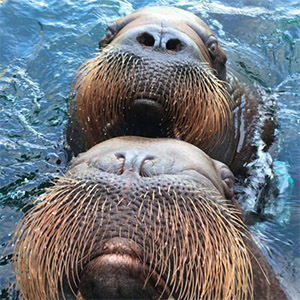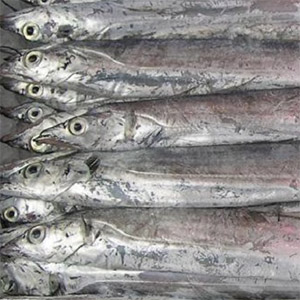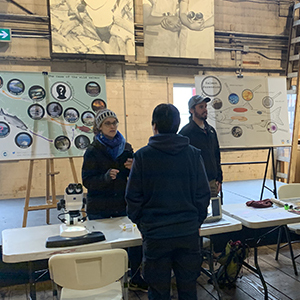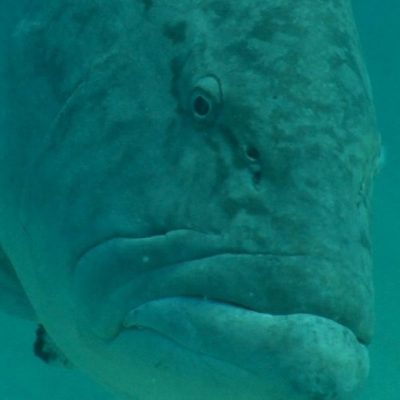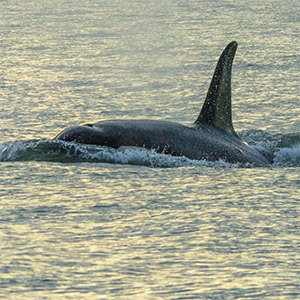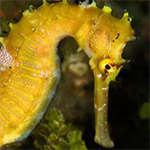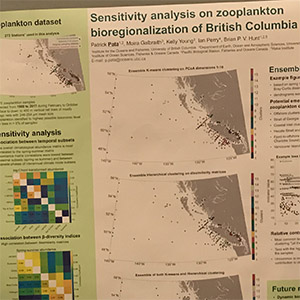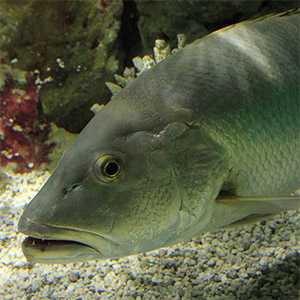Go walrus, go!
Walruses live in the rapidly changing Arctic. Dr. David Rosen is trying to figure out how climate change will impact the health of young walruses.
Popular fish in China would increase in value if caught with larger meshes
Fish that are highly valued by Chinese consumers, such as largehead hairtail, would grow in value and in amounts caught if industrial fisheries increased the mesh size of their nets
Salmon Science Expo
Pelagic Ecosystems Lab researchers engage with community at Gulf of Georgia Cannery
Figuring out total human impact on biodiversity
A new methodology for documenting the cumulative human impacts on biodiversity, dubbed EPOCH – for Evaluation of Population Change – was developed by scientists from Europe, Asia, and North America.
Aerial drones offer new perspective on resident killer whale behaviour
Scientists got a rare glimpse into the underwater behaviour of killer whales off the B.C. coast, with the help of aerial drones.
FCRR – The catch and trade of seahorses in the Philippines post-CITES
This Fisheries Centre Research Report was produced by Project Seahorse and the Zoological Society of London-Philippines, and carried out in collaboration with the Philippines Bureau of Fisheries and Aquatic Resources
Ph.D. student Patrick Pata wins at PICES
He won best poster for his poster entitled “Sensitivity analysis on zooplankton bioregionalization of British Columbia.”
Theory explains biological reasons that force fish to move poleward as climate change heats up the ocean
Gill-Oxygen Limitation Theory, known as GOLT, explains the biological reasons that force fish to move poleward when the waters heat-up due to climate change
IUCN SSC Seahorse, Pipefish and Seadragon Specialist Group wins award
This specialist group is chaired by chaired by Dr. Amanda Vincent
